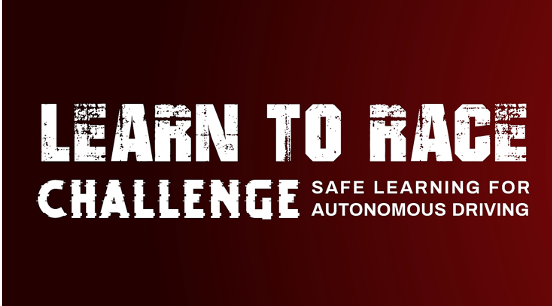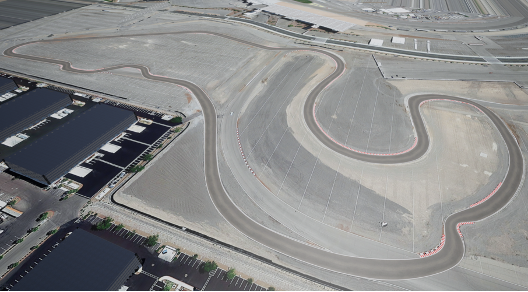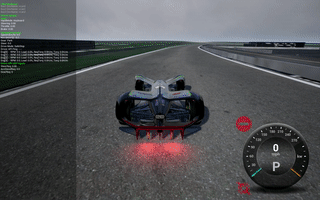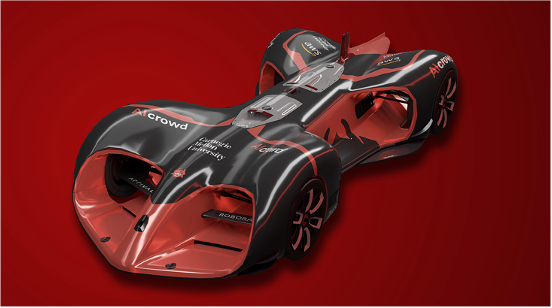About
Welcome to the 1st Workshop on Safe Learning for Autonomous Driving (SL4AD), co-located with the International Conference on Machine Learning (ICML 2022), to be held on 22 July 2022 in hybrid format.
While there have been significant advances in vehicle autonomy (e.g., perception, trajectory forecasting, planning and control, etc.), it is of paramount importance for autonomous systems to adhere to safety specifications, as any safety infraction in urban and highway driving, or high-speed racing could lead to catastrophic failures. Given this inherent tension between safety and performance, we introduce a new simulation environment in autonomous racing as a particularly challenging proving ground for safe learning algorithms.
We envision this workshop bringing together researchers and industry practitioners from different AI subfields to work towards safer and more robust autonomous technology. We encourage participants to take part in the Challenge by competing for top leaderboard positions, to submit articles for review, and to engage with us at ICML 2022.
Topics covered
- Safe reinforcement learning, safe exploration, constrained reinforcement learning, safe learning + control theory
- Safety verification, certifying learning-based control under dynamical uncertainty, dependability analysis
- Robustness to out-of-distribution road scenes
- Learning vehicle dynamics at high-speeds and in unstable regimes
- Vision-based perception and scene understanding for autonomous driving
- Representation learning for visuomotor control
- Transfer learning; simulation to real-world; meta-learning; domain adaptation; *-shot learning; self/semi/weakly-supervised learning; multi-task learning
- End-to-end and real-time autonomous driving systems
- Novel automotive sensors and their applications
- Trajectory forecasting; Behavior prediction of pedestrians, vehicles, and animals
- Explainability in autonomous driving
- Learning to drive via imitation learning
- Learning to drive via distribution awareness
- Uncertainty propagation through autonomous driving pipelines
- Classical planning and control for autonomous driving
- Cooperative and competitive multi-agent systems
- Visual grounding and its application to autonomous driving
- Vision-language navigation for autonomous driving
- Audio-visual navigation for autonomous driving
- Neuro-symbolic approaches in autonomous driving; Knowledge representation and reasoning
- Auditory perception (detection, tracking, segmentation, motion estimation, etc)
- Brain-inspired autonomous control systems
- Human factors in autonomous driving
- AI ethics in autonomous driving
- Autonomous driving datasets, simulation, evaluations, and metrics
- Connected autonomous driving, vehicle-to-vehicle, vehicle-to-infrastructure communication, digital twins
- Autonomous driving for traffic management and emission reduction; intelligent transportation systems
Dates
Note: all deadlines are in Anywhere on Earth.
Paper Submission
Submissions due:
20 May 2022
27 May 2022
Notification: 6 June 2022
Camera Ready: 17 June 2022
Oral/Poster video upload: 1 July 2022
Workshop Event
Date: 22 July 2022
Schedule
Friday, 22 July, 2022. All times are in Eastern Daylight Time (EDT). Current time is .
Linrui Zhang
Tsinghua University
Shivansh Beohar
IIIT Allahabad

Peter Stone
UT Austin; Sony AI
Weiran Yao
CMU
Zuxin Liu
CMU
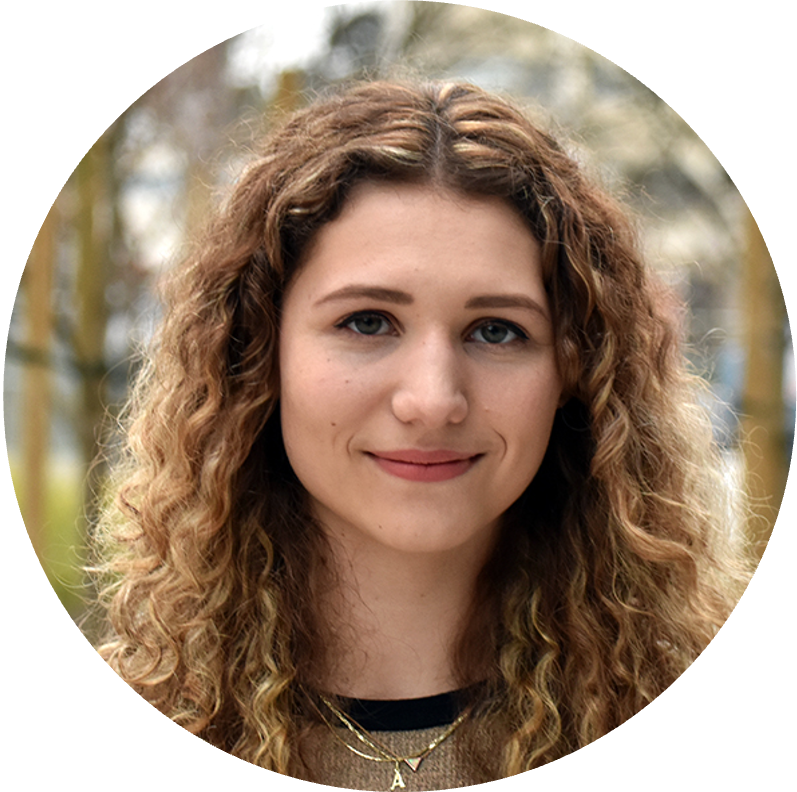
Andrea Bajcsy
UC Berkeley / CMU

Sergey Levine
UC Berkeley
Speakers
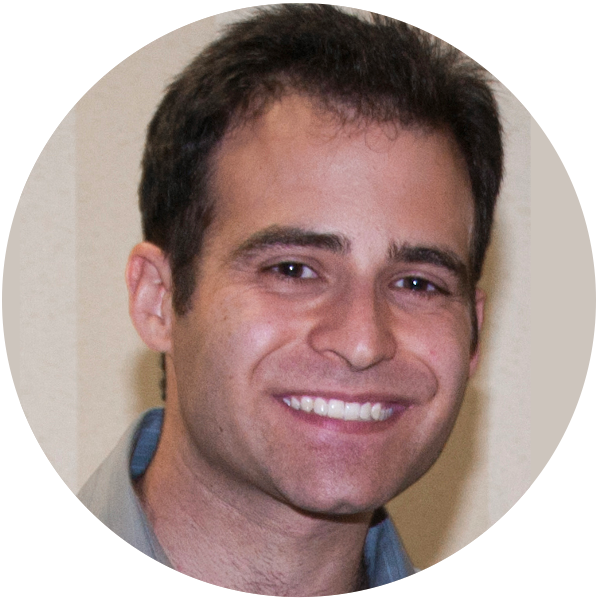
David Held
Assistant Professor
Carnegie Mellon University

Melanie Zeilinger
Assistant Professor
ETH Zürich

Peter Stone
Professor; Exec. Director, Sony AI America; Assoc. Chair, CS
UT Austin

Todd Hester
Applied Scientist Lead
Amazon Scout

Chelsea Finn
Assistant Professor, Stanford; Google Brain

Andrea Bajcsy
PhD Candidate, UC Berkeley; incoming Assistant Professor, CMU

Jeff Schneider
Professor
Carnegie Mellon University

Sergey Levine
Associate Professor
UC Berkeley
Challenge
We also feature an exciting and new AI Challenge in high-speed autonomous racing. Here, the goal is to evaluate the joint safety, performance, and generalisation capabilities of perception and control algorithms, as they operate simulated Formula-style racing vehicles at their physical limits! The Learn-to-Race Autonomous Racing Virtual Challenge is now active. Participate now!
Organisers

Jonathan Francis
Research Scientist at Bosch Research, focusing domain knowledge-enhanced representation learning, applied to robotics and autonomous driving

Hitesh Arora
Researcher at Amazon, focusing on multimodal perception and reinforcement learning, applied to autonomous driving

Bingqing Chen
Machine Learning Research Scientist at Bosch Research, focusing on constraint-based optimisation, physical mechanisms, and safe learning, applied to autonomous driving

Xinshuo Weng
Research Scientist at NVIDIA Research; focusing on 3D computer vision and generative models for autonomous systems

Siddha Ganju
Researcher and Data Scientist at NVIDIA, focusing on computer vision optimization for vehicle autonomy and medical instruments

Manoj Bhat
Machine Learning Researcher at Amazon, focusing on Neural Radiance fields, reinforcement learning, and representation learning applied to autonomous driving

Daniel Omeiza
PhD student at Oxford, focusing on explainable AI and decision-making, in autonomous driving

Jean Oh
Research Professor in Robotics Institute at CMU and Director of Bot Intelligence Group; multimodal perception, navigation, and artificial intelligence

Eric Nyberg
Professor of Computer Science at CMU and Program Director, Masters of Computational Data Science; hybrid reasoning systems and artificial intelligence

Sylvia Herbert
Assistant Professor at UCSD and Director of Safe Autonomous Systems Lab; uncertainty modeling in control, safety-aware learning, autonomy

Li Erran Li
Head of Science/HIL at Amazon AWS AI and Adjunct Professor at Columbia; Computer Vision, Machine Learning Systems, and Algorithms
Program Committee
- Arav Agarwal (ER, TR)
- Eren Aksoy
- Raghuram Mandyam Annasamy
- Tiago Cortinhal
- Xiaoxiao Du (TR)
- Isht Dwivedi
- Hesham Eraqi
- Xiangyu Gao
- Sahika Genc (ER)
- S. Alireza Golestaneh (TR)
- David Held (SMR)
- Todd Hester (SMR)
- Zehao Huang
- Fabian Hüger
- Arec Jamgochian (TR)
- Rowan McAllister (SMR)
- Kunal Menda
- Aarati Noronha
- Praveen Palanisamy
- João Pinho (ER)
- Daniele Reda
- Nazmus Sakib
- Pranjay Shyam
- Mark Schutera
- Zhaoen Su
- Ram Vasudevan
- Yujie Wei
- Weiran Yao
ER — Recognises PC member who served (“+” additionally) as an Emergency Reviewer.
TR — Recognises PC member who, according to Chair ratings, ranked in the Top 15% of Reviewers.
SMR — Recognises PC member who agreed to provide their services as a Senior Meta-Reviewer.
Sponsors

